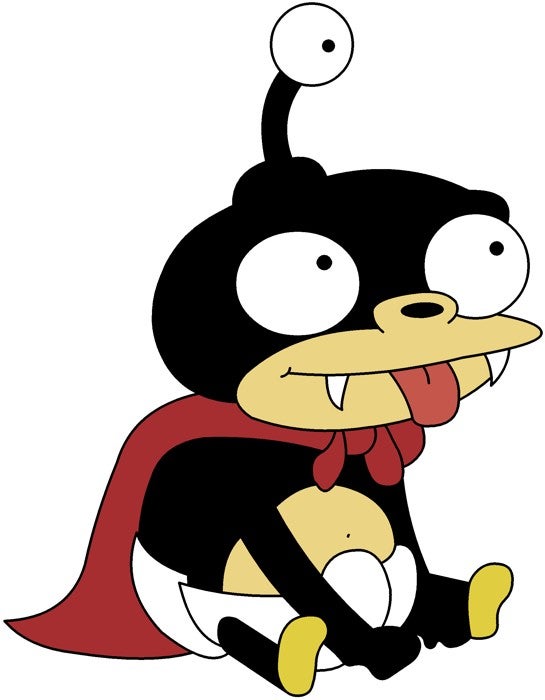Wait until you hear about languages where everything is gendered.
We're currently debating, whether BürgerInnen, Bürger:innen or "Bürgerinnen und Bürger" is the proper way to address all citizens. This is not even about anything LGBTQ, it's simply acknowledgement of the concept of non-male people (which is really hard for some conservatives).

